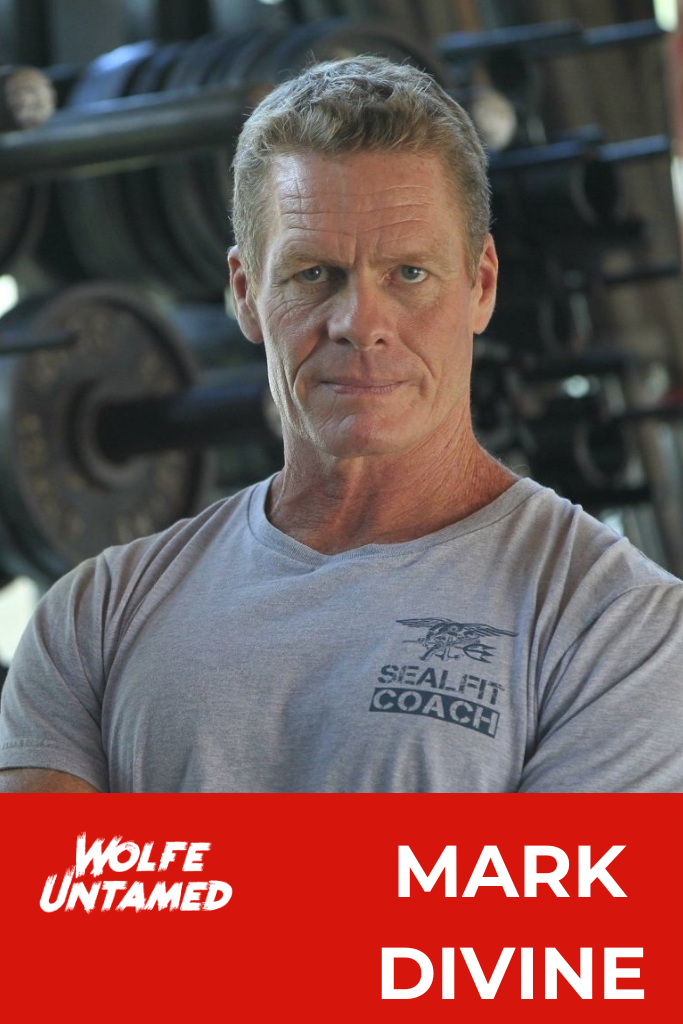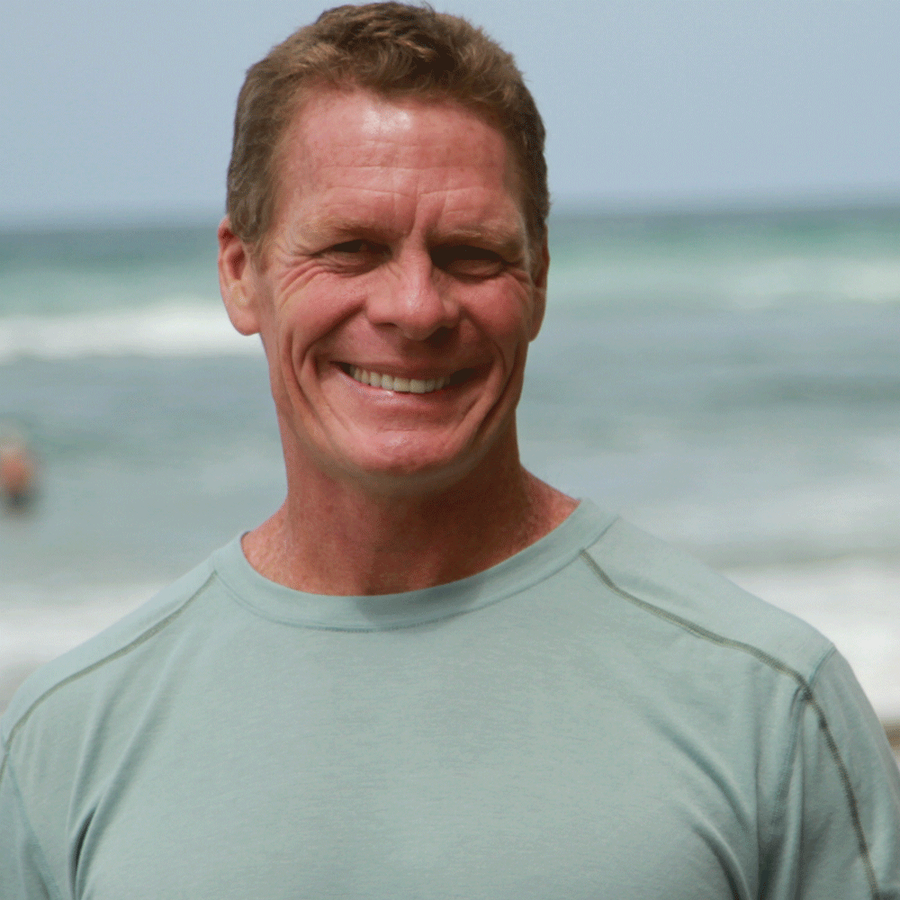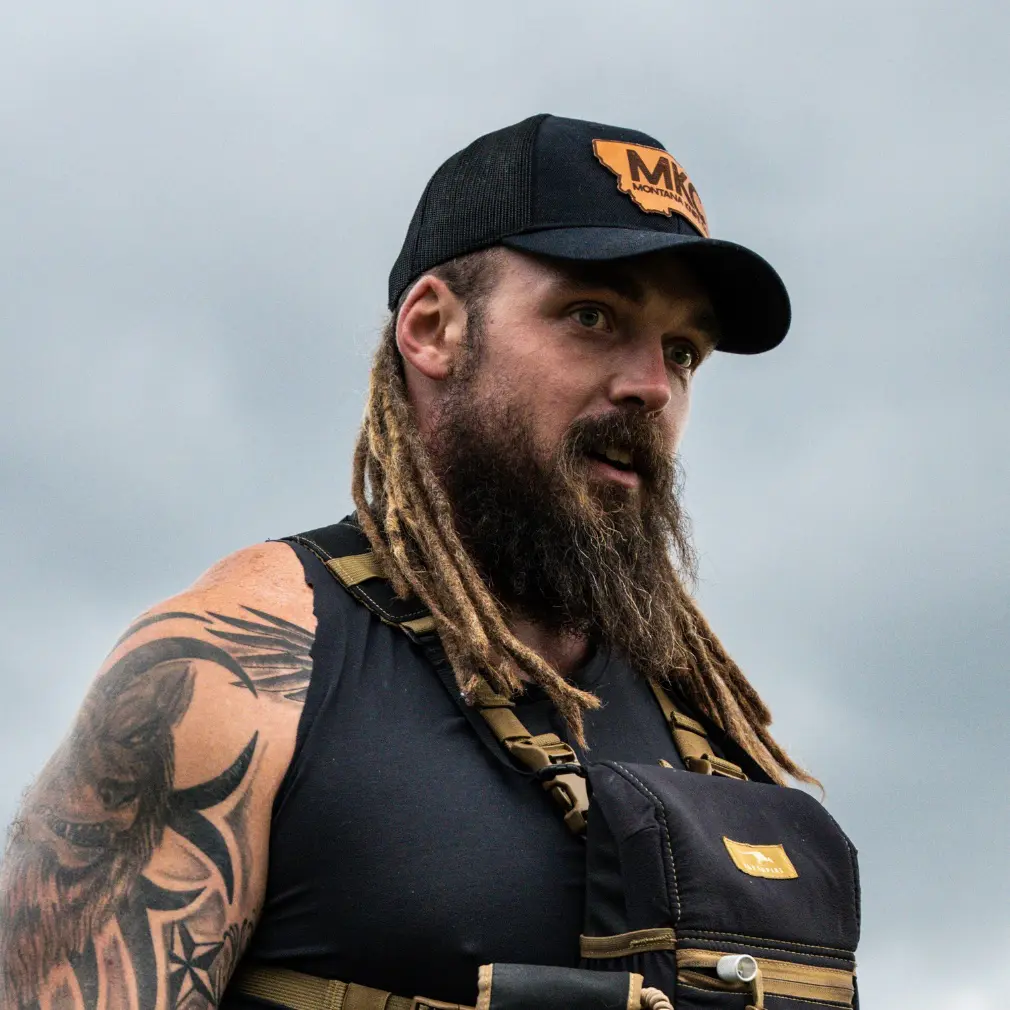Forging the Unbeatable Mind: A Conversation with Navy SEAL Mark Divine on Warrior Spirit and Inner Mastery
In a compelling episode of the “Wolfe Untamed” podcast, host Derrick Wolf, a Super Bowl champion and 10-year NFL veteran, sits down with an equally formidable figure: Mark Divine. A former Navy SEAL who joined at the age of 26, Divine’s journey is far from conventional. Their conversation dives deep into the realms of mental toughness, Eastern philosophies, and the profound skills necessary to cultivate an “unbeatable mind” – a philosophy that extends far beyond the battlefield or athletic arena. This discussion offers a stark and unapologetic look at the principles of self-mastery, a critical antidote to the pervasive softness of modern society.
Divine’s path to becoming a Navy SEAL was not preordained but rather a testament to synchronicity and an unwavering inner calling. Growing up in a tiny upstate New York town of just 375 people, Divine describes a challenging childhood marked by an alcoholic and rage-filled father. This environment, however, paradoxically forged a hypersensitivity and awareness that would later prove invaluable in his military career. As he starkly puts it, “You couldn’t hurt me… when I got to BUDS, I was like, you guys, your instructors got nothing on my dad.” This early trauma, he asserts, is a common thread among many special operations personnel, developing an inherent resilience to external pressures.
His journey took an unexpected turn after graduating from Colgate University and taking a job in Manhattan. Surrounded by colleagues “outta shape” and leading “awful lifestyles,” Divine made an internal vow: “That’s not me. I’m gonna be a, I’m gonna be fit for life.” This commitment led him to an accidental discovery – a “World Karate Headquarters” sign on 23rd Street. Intrigued by the transformation he’d witnessed in a college roommate through karate, Divine stepped inside. There, he encountered O Sensei, a legendary Japanese karate master, whose presence was a revelation. “I saw him do things I didn’t know human beings could do,” Divine recalls, describing a man of extreme competence worn with humility, simplicity, and playfulness.
This encounter led Divine not only to martial arts but also to the practice of Zen meditation. Inspired by a book titled Zen Mind, Beginner’s Mind, he began to sit with O Sensei, initially finding it akin to a “concentration camp” due to the intense focus required. The core practice was simple yet profound: “Inhale through our nose. Exhale through the nose. So that’s the one thing. Follow the breath, and then count one, and then inhale. Exhale count two. And the only rub was you couldn’t think of anything else.” This radical discipline, he explains, is the foundation for attention control, a critical skill in any high-stakes environment.
Divine’s early exposure to the wilderness and competitive sports had already endowed him with a strong capacity for concentration, making the meditative path somewhat easier. However, he emphasizes that the benefits of this practice are accessible to all, requiring only time and consistent effort. He introduces “box breathing” – a five-count inhale, hold, exhale, hold – as a powerful tool for “arousal control,” helping to activate the parasympathetic nervous system and achieve a state of calm. Derrick Wolf, a former NFL player, vividly corroborates this, explaining how he used similar breathing techniques to recover and maintain focus between chaotic football plays. “The breath is the kind of the arbiter of your mental and emotional state,” Divine states, highlighting how controlled breathing can literally dissipate anger and clear the mind.
The conversation naturally progresses to the “Big Four” skills that Divine now teaches through his “Unbeatable Mind” program, skills that have been adopted by military special operations units:
- Arousal Control (Breathing): As discussed, this is the foundational skill for maintaining calm under pressure. Divine notes, “We say pause, breathe, think, and then act. But the pause and the breathe are critical.” This simple act allows for contextual awareness, preventing impulsive, fear-driven reactions.
- Attention Control & Positive Self-Talk: This involves actively managing thoughts. Divine teaches to “shoot that in the head” when a negative thought like “I can’t do this” arises. Instead, he instilled mantras like “We got this, piece of cake, easy day” into his SEAL boat crew. This proactive mental discipline, he argues, is crucial because “negative energy, negative thinking, negative emotion, you literally are weakening your body.”
- Visualization: Divine recounts a powerful anecdote from his swimming days: he visualized a race hundreds of times, hitting a time three seconds faster than he’d ever achieved. When he finally swam the race months later, having been out of the pool, he matched his visualized time. “Your body and your brain don’t distinguish really between what’s happening in your internal space or versus the real,” he explains. Derrick echoes this with his NFL experience, visualizing plays the night before games, leading to a “deja vu feeling” on the field. Divine’s most profound visualization, however, was his unwavering belief that he would become a Navy SEAL, despite the slim odds. He created a “future self” memory, visualizing himself as a “confident, competent, stronger… effortless perfection” SEAL trainee. Two days after feeling with “total certainty” that he would get the contract, his recruiter called with the good news. This ability to create and draw upon positive “new memories” is a potent tool against the “dark out and soul moments” of hell week.
- Hyperfocus/Chunking: In chaos, the ability to “only do one thing at a time” is paramount. Divine explains that instead of being overwhelmed, one must “slow down and to figure out what’s the one thing that you can do that you can actually get your hands around and do it.” This echoes the SEAL mantra of “slow is smooth, smooth is fast” and the football adage of “running to the ball” even when things go wrong. Failure, in this mindset, is merely “winning and learning.”
Divine credits these “Big Four” skills, relentlessly practiced and internalized, for the astonishing 90% success rate of his SealFit program in getting candidates through SEAL training, compared to the typical 85-90% failure rate. He contrasts this with the “old timers” in the SEAL community who resisted such “yoga room” practices, lamenting that many, like his former Senior Chief, tragically succumbed to PTSD. Divine asserts that this “pre-resiliency training” addresses mental health challenges before they fester, allowing warriors to navigate their thoughts and emotions with skill rather than being overwhelmed.
Beyond the military, the conversation shifts to the broader application of these principles, particularly in finding one’s purpose and identity. Divine emphasizes that a significant portion of the “stories you tell yourself don’t serve you.” He guides individuals to deconstruct these narratives by engaging in practices like visualizing their lives from their deathbed, asking, “How did I serve?” This introspection, combined with identifying one’s “three Ps” – passions, principles, and purpose – is key. Divine’s own journey led him from a corporate CPA path, which felt like a “life of quiet desperation,” to embracing his true calling as a warrior.
Derrick Wolf connects this directly to his post-NFL retirement struggles, admitting he had a “hard time finding my identity” after football. The intense camaraderie and shared mission of a team are often irreplaceable, leaving a void. Divine’s “Unbeatable Mind” program addresses this by helping individuals uncover their unique archetypal energies, whether warrior, healer, artist, or performer. “Your calling slash your purpose is not a something you do. It’s what you’re, it’s what you’re meant to be,” Divine powerfully asserts.
The episode concludes with a profound message about authenticity and collective buy-in. Divine stresses that happiness is an internal, natural state, not dictated by external validation or wealth. He urges individuals and organizations to bring their true purpose into their work, fostering “growth cultures” where people train, grow, and align their efforts. This shared commitment, like that found in elite military units or sports teams, becomes the engine of collective success. Mark Divine’s final, poignant advice encapsulates the entire conversation: “If you’re not training your mind, someone else is training it for you, and the results will speak for itself… it all starts with discipline and patience.” It is through this disciplined, patient cultivation of the inner world that true strength, peace, and purpose are found, allowing one to navigate the untamed landscapes of life with an unbeatable mind.



